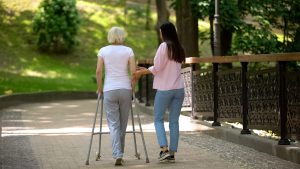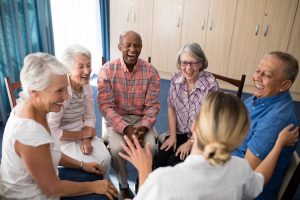
Balance Impairment and Falls in Parkinson’s Disease One of the most challenging symptoms of Parkinson’s disease (PD) that fundamentally affects quality of life is balance impairment that can lead to falls. Falls are one of the major causes of emergency room visits and hospitalizations for people with PD, so finding ways to prevent as many […]









